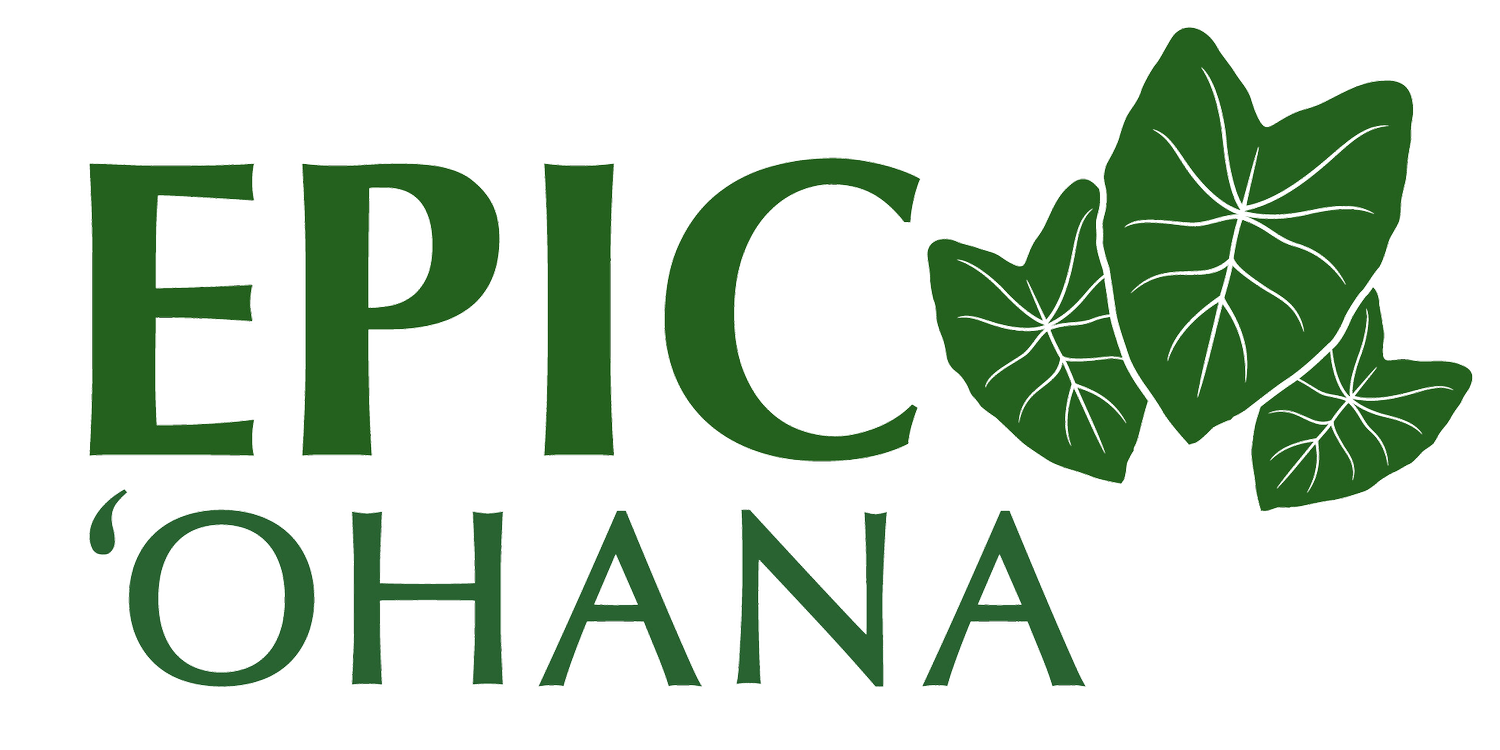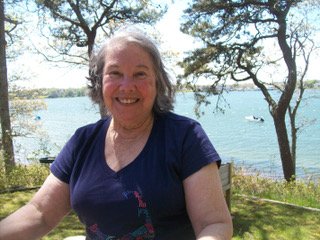Susan Chandler, Board Member
By
Wilma Friesema
For our board member, Dr. Susan Chandler, why and what are two essential words that have been a driving force in her life. Always curious about how systems work and the impact they have on people, Susan has been questioning and challenging the status quo throughout her impressive career.
From her early days when she was volunteering at a Sex Abuse Treatment Center and helped to sensitize police trainings and change laws, to interning at a youth correctional facility where she fought to end solitary confinement for the youth, to serving as the Director of Hawaii’s Department of Human Services where she fought to change CWS’s culture of control and family exclusion, Susan’s sense of curiosity and caring have always been the catalyst for her advocacy for change. Why were victims being retraumatized by the police? Why were young people being kept in solitary confinement when that was so contrary to what they needed? Why were extended family members kept from participating and giving support to the parents and children involved with CWS? What can systems do differently to better serve families? What can we, as individuals within those systems, change to be more effective?
Back in 1995, on her very first day as Hawaii’s Director of Human Services, her questioning mind was immediately engaged. Susan received a call from Judge Michael Town that would spark the transformational process we now know as `Ohana Conferencing. Judge Town was very interested in reforming CWS so that children were kept out of the court system. “He had the idea of conferencing,” Susan told me, “But without the language for it.” Still, his desire to improve the system piqued her interest.
Not long afterwards, members of the Queen Liliu`okalani’s Trust invited Susan to attend a conference they were hosting that featured the Maori of New Zealand. What she heard further inspired her to think outside of CWS’s existing practices. Susan was in awe of how the Maori, who had their own child welfare services apart from the New Zealand CWS system, talked about family unity, family circles, conferencing, and family group decision making. Though she didn’t want a separate CWS system for Hawaiians, she saw the value of honoring family, culture, and incorporating the wisdom they provide into CWS’s practices. She wanted that depth of respect for Hawaii’s families too. Soon after the conference, Susan hired Arlynna Livingston to train DHS staff in an empowerment model so that they, too, could more effectively engage with the families they served.
A third, unplanned inspiration occurred when Susan was invited to attended a CWS Family Unity Meeting in Portland, Oregon. A Family Unity meeting, which was fairly new at that time, was an opportunity to bring all the different participants in a case to the table. Though their process was rough around the edges, Susan could see that Oregon’s CWS was striving to find a better way to be with families than the typical practice of having the State take over without giving families the information and support they need. She saw that the facilitator was respectful and focused on empowering the family – a stance very much in alignment with the cultural change she was trying to create within Hawaii’s system too.
It wasn’t long before Susan partnered with Judge Town, Arlynna Livingston, Laurie Tochiki, and Betty Ching to help create `Ohana Conferencing. After the pilot project was successful, as head of DHS, Susan sent out a Request for Proposal which helped fund the newly formed EPIC `Ohana, Inc. That proposal was the beginning of EPIC’s long-standing partnership with CWS. It’s a partnership that is still thriving today.
One of Susan’s favorite memories of an `Ohana Conferencing comes from the early days during a conference she attended in Waianae. A required practice in all `Ohana Conferences is to ask the family if there is a way they would like to open the meeting. This family asked all the participants, who were sitting in a circle, to hold hands. They then sang a song in Fijian, their native language. Though Susan couldn’t understand the words she felt the power of their culture and the claiming of their dignity and worth. It was an experience that reverberated deep within her and affirmed her decision to pursue a culturally collaborative approach.
A fourth, more recent inspiration occurred in 2011. While on sabbatical, Susan learned about a Wraparound program in Milwaukee, Wisconsin. Wraparound incorporates the values of `Ohana Conferencing while building a team that incorporates both natural and practical supports. When she returned from her sabbatical Susan was determined to bring Wraparound to Hawai`i. First a pilot, then a part of a IV-E Waiver, and now a full-fledged program at EPIC `Ohana, Family Wrap Hawai`i is fulfilling Susan’s vision for collaboration to strengthen families.
Susan is proud of EPIC and her part in its creation. What EPIC has done so well, she noted, is that it has enabled Hawaii’s CWS to be more like a Hawaiian run system while still working within the laws of the state. By reaching out and honoring families’ connections and culture, by finding elements of commonality and respect, EPIC has facilitated collaborations between the various stakeholders that would have been unthinkable in the past. That change, for Susan, is what is so deeply gratifying.
EPIC, she shared, is one of the most unique organizations she has ever worked with because it is so values driven. She’s witnessed EPIC’s core values affect not only how staff work with families, but how they work with each other. As a result, besides being a beautiful and nurturing environment, Susan likens EPIC to an emotionally nurturing family. For her, being a board member, being a part of EPIC’s ohana, is a joy. For those of us who are also a part of EPIC’s ohana, having Susan’s insight, wisdom, enthusiasm, and generous spirit to guide us is equally joyous. We feel so very fortunate to have her on our board.

